Dueling animal health priorities converge as US-based rescue groups work to save dogs from the meat trade in China, bringing them to the US and Canada for re-homing. North American pork industry stakeholders worry about the threat of foreign animal disease transmission posed by these pets, particularly African swine fever (ASF) which continues to be a concern in Asia per Swine Health Information Center Global Swine Disease Monitoring Reports. The supplies used in shipment, such as kennels and bedding materials, are of special concern because of their potential to act as vectors for disease transmission.
The issue of imported dogs from China started to come more to light in mid-2019 through a report from a North Carolina television station. The North Carolina Department of Agriculture State Veterinary office was informed of dogs brought into the state from China. When the Assistant State Veterinarian reached out to the attending veterinarian about the dogs featured on the television report, it was discovered the attending veterinarian was unaware of the significance of the risk these pets represented. State Animal Health Officials worked closely with the attending veterinarian and clinic staff, and subsequent steps were taken to reduce the potential risk of introduction of ASF by in-house quarantine of the dogs in question, disinfection of all materials, bedding, and shipping crates as well as secured disposal and incineration of waste materials.
A February 4, 2021, report by KRTV in Great Falls, Montana, detailed a shipment of 50 dogs flown from China to Los Angeles. After arriving in the US, the dogs were driven to the Canadian border, destined for an unnamed facility. Because there was not a veterinarian available at the Canadian border crossing to check the animals, the dogs were housed at a Great Falls kennel. The report went on to say winter weather extended the stay for a few days. China Dog Rescue has said it plans to bring another 100 dogs into New York state in March 2021 and the organization is also actively raising funds to bring in 60 more soon. And there are also reports of dogs from China arriving in Minnesota, Virginia, and Missouri in addition to North Carolina and Montana.
When considering the importation of dogs into the US for any reason, there are two main agencies involved in the importation process. The Center for Disease Control (CDC) and USDA both have responsibilities for the entry of companion animals into the US from foreign countries. Information specific to CDC can be found at https://www.cdc.gov/importation/bringing-an-animal-into-the-united-states/dogs.html. CDC oversees the certificates of veterinary inspection of animals coming to the US as pets whereas the USDA has separate requirements if you are bringing dogs in for the purpose of resale, such as commercial sale or adoption as pets. Information for USDA requirements can be found at https://www.aphis.usda.gov/aphis/pet-travel/bring-pet-into-the-united-states. In either instance, certificates of veterinary inspection are required to accompany any animal entering the US. Additionally, there are possibly more specific requirements depending upon country of origin. Further health requirements for the specific state of destination may also be needed and should be addressed prior to entry to the US.
Veterinarians are the first line of defense against the introduction of FAD and human pathogens. Veterinary training and knowledge for disease transmission and risk makes the veterinarian the key resource to advise and work with non-veterinary groups toward the protection of animal health. Working closely with all appropriate regulatory agencies and possessing an awareness of international disease threats can prevent unwanted pathogens from negatively impacting clients, farmers and the safety and security of US animal health.
As the world deals with the COVID-19 pandemic, SHIC continues to focus efforts on prevention, preparedness, and response to novel and emerging swine disease for the benefit of US swine health. As a conduit of information and research, SHIC encourages sharing of its publications and research. Forward, reprint, and quote SHIC material freely. SHIC is funded by America’s pork producers to fulfill its mission to protect and enhance the health of the US swine herd. For more information, visit https://www.swinehealth.org or contact Dr. Sundberg at [email protected].
Copyright 2024 | Swinehealth.org | Website by Heartland Marketing Group